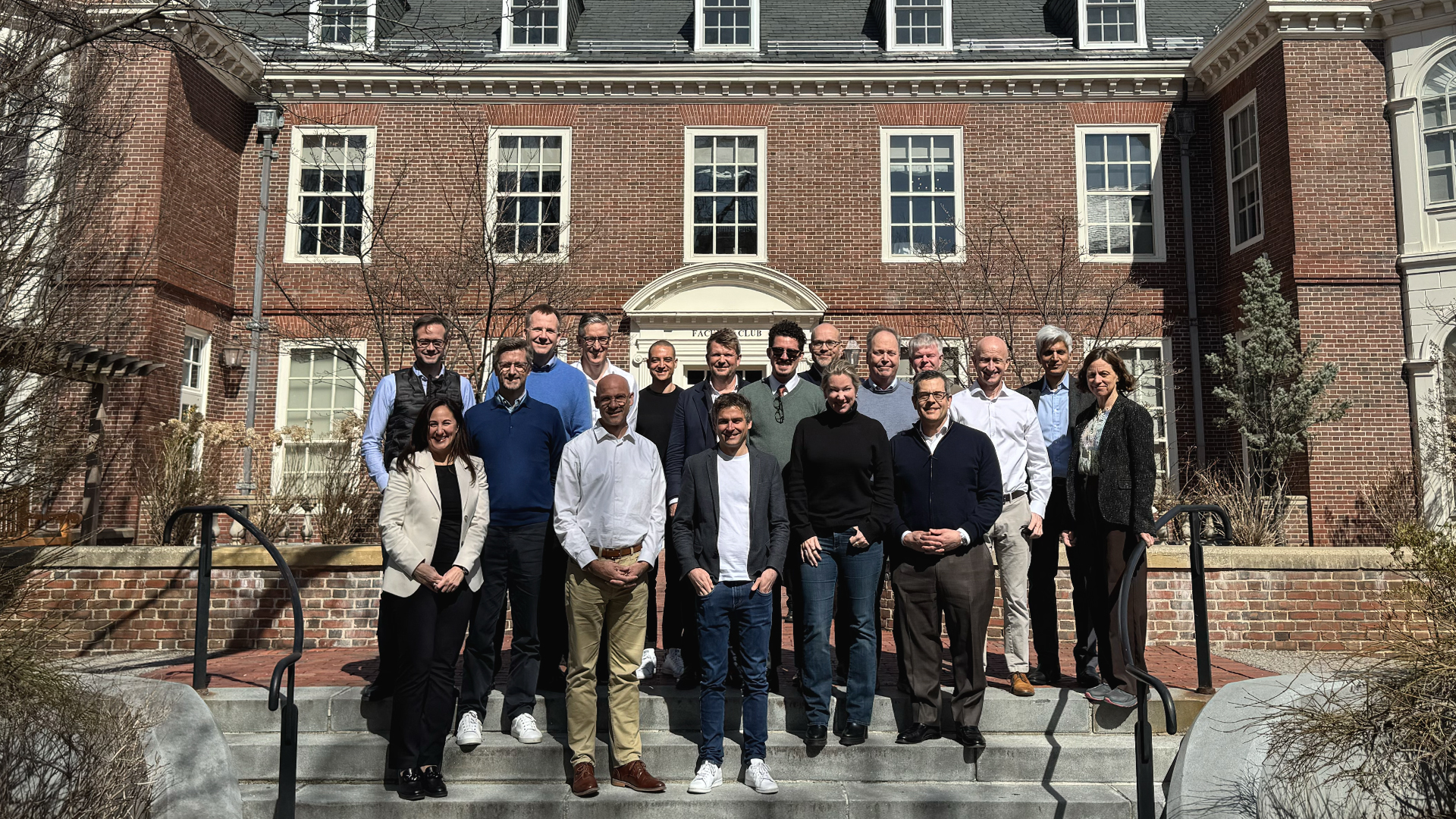Why Creating a Win-Win Economy is Better for Everyone with Reynir Indahl
On this inaugural episode of Summa & Friends, the podcast for people with the courage to care for a wiser future, is Reynir Indahl, founder and managing partner of Summa Equity.
Summa Equity is a private equity firm set up in 2016 to invest in companies and help solve global challenges. Because the imminent challenges the world faces are not faced by a few individuals, they’re going to affect every single one of us.
The very heart of humanity, what we are and what we want is threatened on so many levels, says Reynir. It’s vital to have a platform where people can learn not only about these problems, but realize they are solvable – we can do it, we just all need to play our part.
- Podcast
6 min read
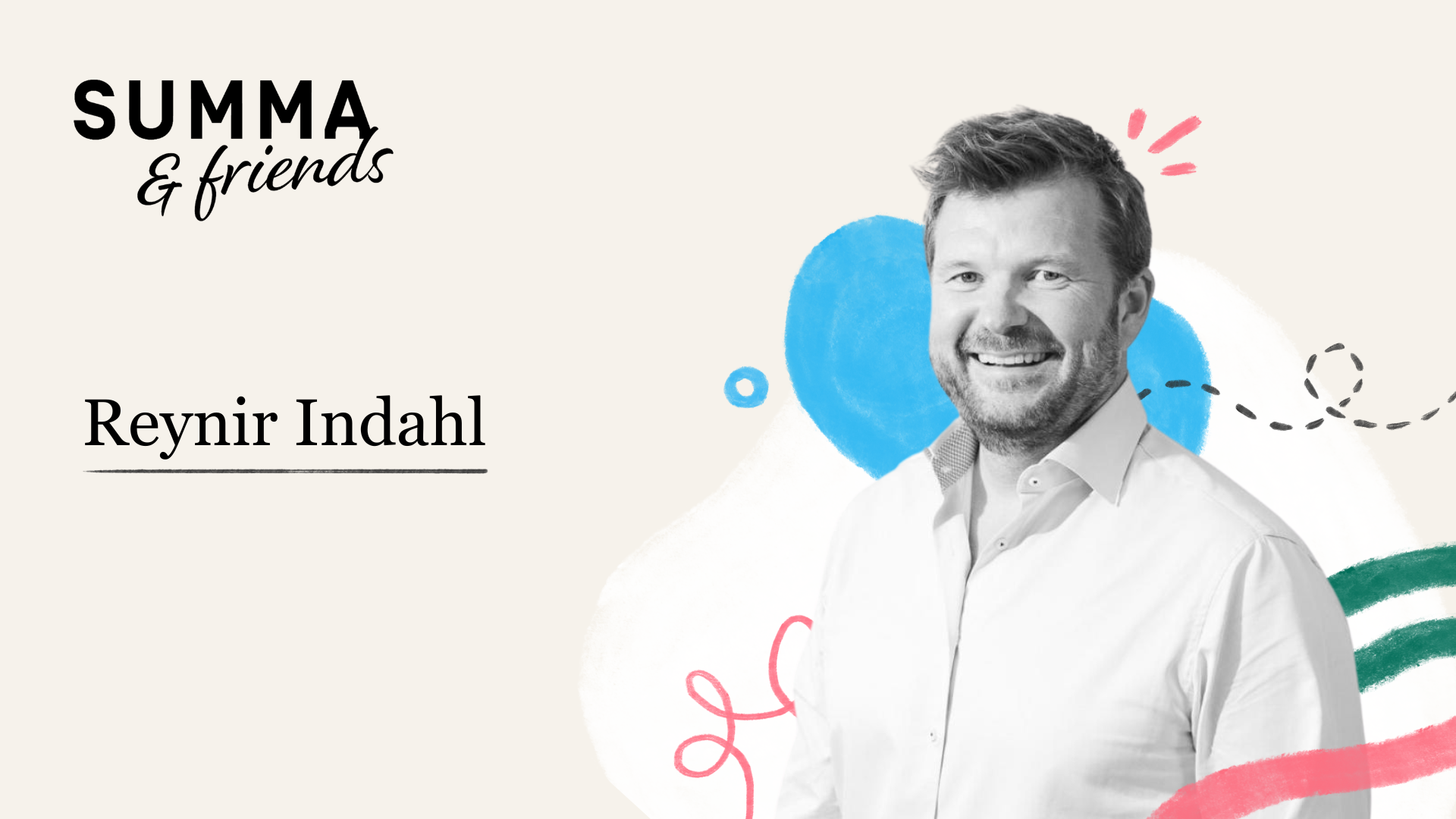
Episode 1
Blindsided by the financial crisis
Summa Equity may have been founded in 2016, but the story actually starts seven years earlier, in 2009.
Working in finance when the financial crisis hit, Reynir was blindsided by it. Despite doing an undergraduate in business at Wharton, and an MBA at Harvard, and having worked for McKinsey as a consultant, he thought he would be educated enough and have an understanding that a financial crisis was coming. But it took him by surprise just as it did everyone else in the industry, including economists.
So Reynir began digging into how and why the financial crisis had happened. Why hadn’t he and others seen it coming?
“I got increasingly concerned about the blind spots we have, how debt has been fueling our growth, how we are very much dependent on growth due to that, and also how this is causing significant externalities.”
And the bottom line is, he says, our desire and drive for growth is destroying the planet and creating inequalities.
“I became increasingly concerned about where the world was heading. I looked at myself in the mirror and asked myself if I was part of the problem or part of the solution. And I was sitting there in private equity with a portfolio that was as much a part of the problem as part of the solution.”
Founding Summa Equity
He had been agnostic to the issues, simply working to get a financial return for investors. He needed more. So left the private equity industry and began working with philanthropy and impact investing.
Through this work he saw many fantastic solutions out there, companies working hard to solve global issues, but needed funding to scale up.
“There was this notion at the time that there’s a trade off if you try to optimize for the planet or socially, then financially it must be a poor thing to do, but I didn’t see that in the data and the companies that I was working with.”
In fact, the companies that he worked with then, and now, have both a positive impact on the world, either economically or socially, and perform financially, delivering superior returns to investors.
There is no trade off.
Choosing companies to invest in
Reynir established Summa Equity in 2016 with three thematic areas that they invest in – resource efficiency, changing demographics, and tech enabled transformation.
Summa Equity was the first private equity company to commit to the UN Sustainable Development Goals (SDGs). Meaning all of their investments are screened and linked to the SDGs to drive the strategy and performance of the company.
“If you look at the three themes, you can tuck all of the SDGs into it, because our companies are either solving an environmental problem, or addressing a social issue, or just providing better governance through productivity, transparency, or regulatory improvements.”
And they select the companies to invest in that are the leaders in transformation, either environmentally, or socially or through better governance.
“So you have to start with a solution. Start with the problem, define the problem, then start with what’s the future you want to see. And then the expectation that that’s what we will have if we solve this challenge. Then we have to solve these challenges.”
We shouldn’t priorities climate change
One of the toughest challenges, says Reynir, is not prioritizing climate change above all else.
There are other challenges that are just as important and need our urgent attention.
For example: we’ve made a large number of species extinct over the last 40 years, not to mention social inequality is rising. These need to be addressed in the same way we’re addressing climate change.
“I am optimistic that we will solve our climate issues. I’m also optimistic we can solve some of these other issues, but they’ve gone in the backdrop as everything is focused on climate now.”
But the good news is, the level of innovation and how we’re solving these global challenges is accelerating. It might be too late, warns Reynir, for the 1.5 degree scenario, but he’s optimistic we won’t get to the 4 degree scenario.
“If there’s one message I want to get across, [it’s] we can all make a change. This is a wicked problem. If all of us do our small little part. This will be solved. And if it isn’t solved, at least we tried.”
Bringing the focus to ‘we’
We focus too much on me, me, me, says Reynir, which is creating a system based on ‘me’, which is driving us down the road towards destruction.
“If we had a system based on we, instead of me, that would fundamentally change. So my biggest hope is [something] that is in all of the old philosophies and religions is love your neighbor, do to others what you want them to do to yourself.”
We’ve also been living for too long in a win-lose game, Reynir says. We need to change that to a win-win game.
If we change our outlook to ‘we’, and talk about taking care of your neighbor, nature and the weak, and optimize for common good, yes, you might win a little less, but you’ll create fewer losers.
“I try to think through that in everything I do: if I do this, and if I make this decision, who will be worse off due to that? Who will lose? Will nature lose? Other people lose? If we just think win-win in everything we do, and reflect on who will lose if I do this, if I buy this, then it’s a good guidance for making choices. If we optimize for a win-win, there should be no losers. We should all be winners.”
What the world needs most right now
There are two things the world needs most right now, says Reynir. Firstly, we all need to play our part. We all have something within our power of influence to be part of the solution.
And secondly, we need leaders to show people the way, to inspire others to walk the road less travelled.
“It is walking that new path, it is inspiring others to come along, it’s making that small road into a larger road, and then a highway. So leadership is very important. And that’s what the world needs.”
The Summa Summarum newsletter
Sign up to our newsletter
Latest readings
News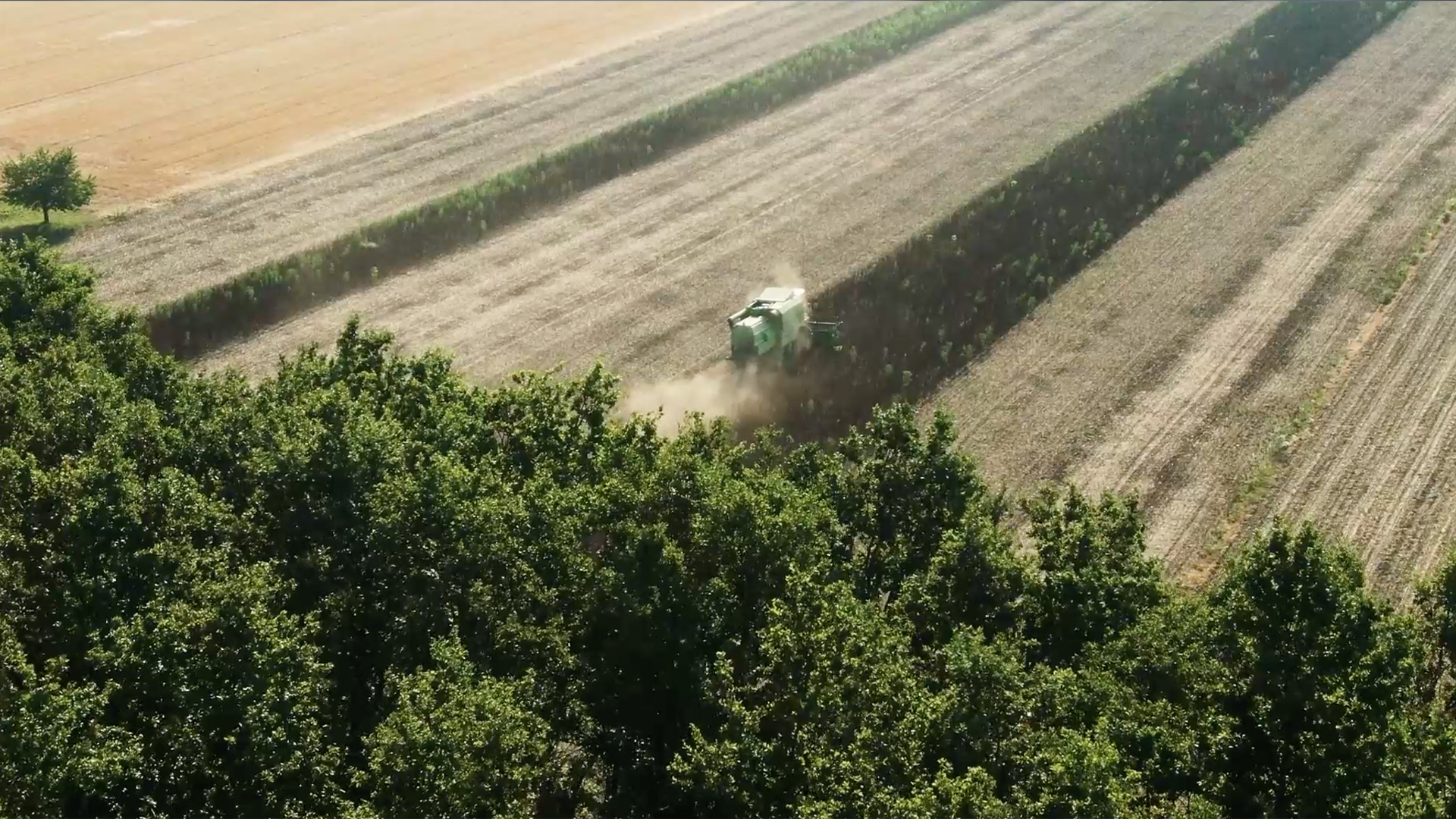
The case for scalable regenerative agriculture
Read more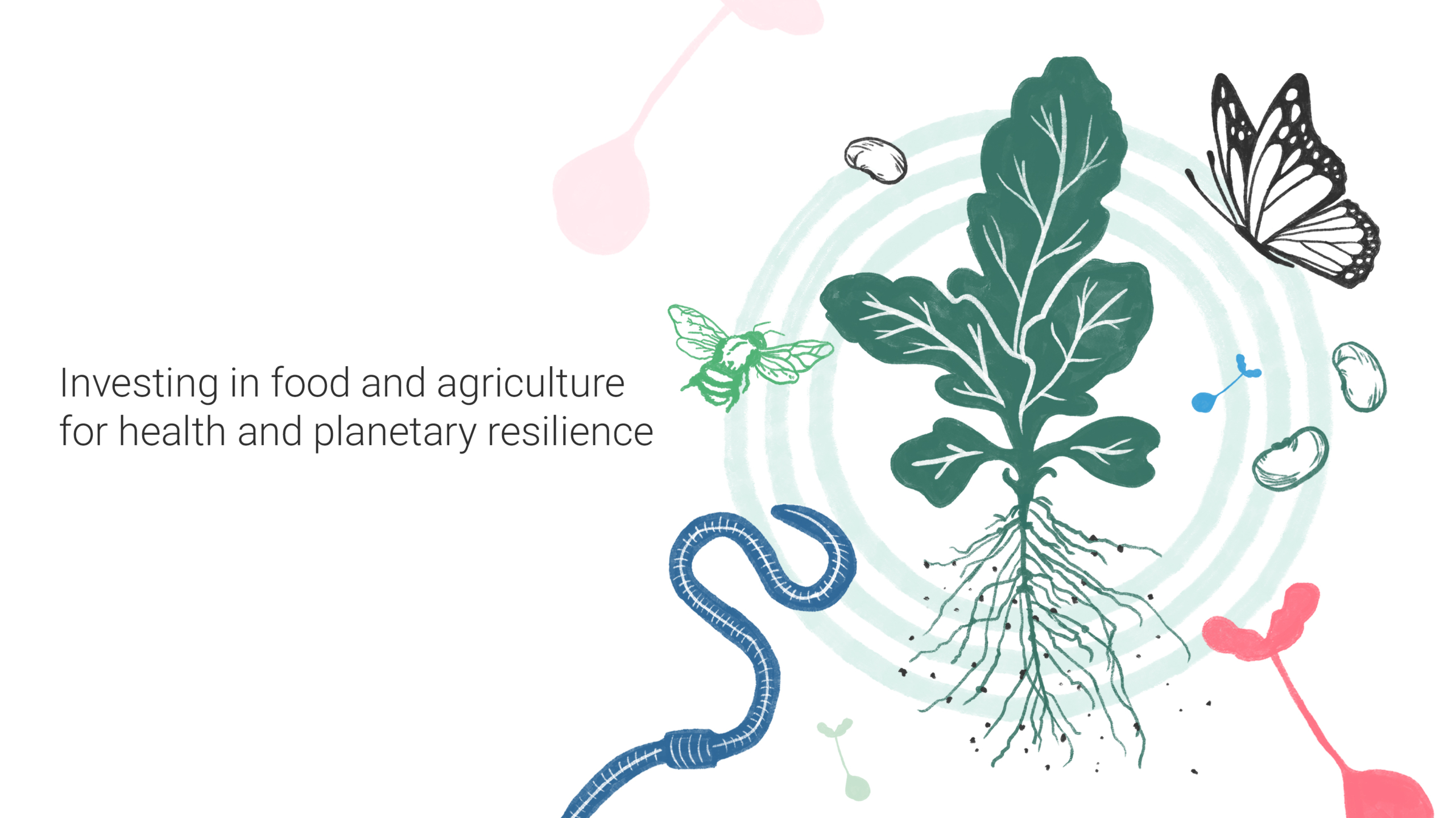
Investing in food and agriculture for health and planetary resilience
Read more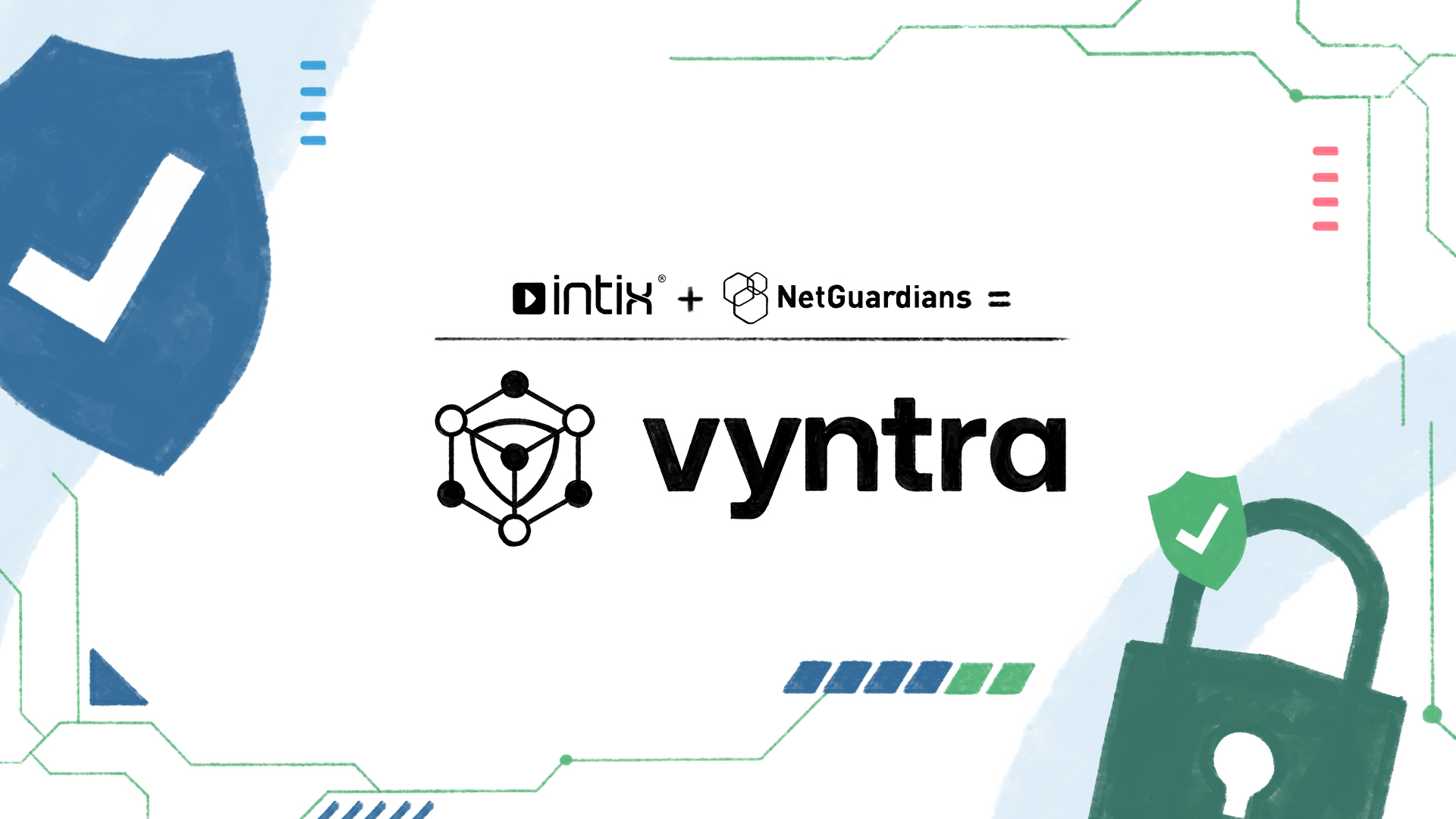
NetGuardians and Intix unite to form Vyntra
Read more
Planetary boundaries as a guiding framework for sustainable growth
Read more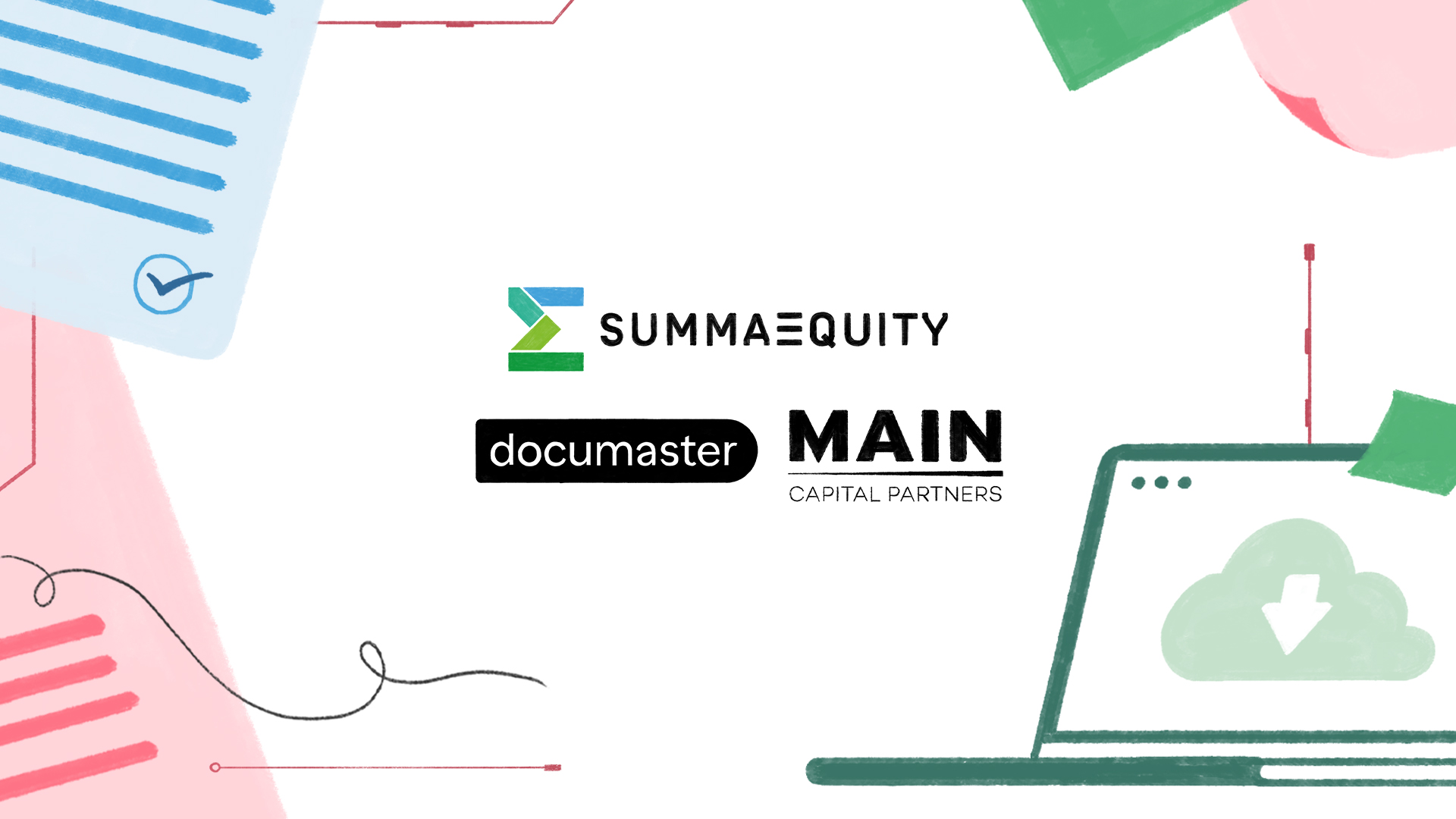
Summa Equity announces exit from Documaster
Read more